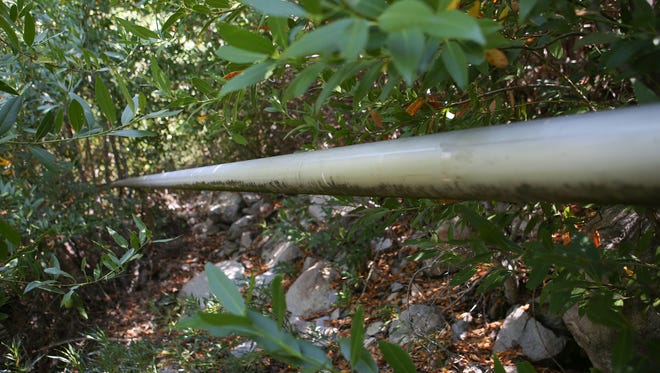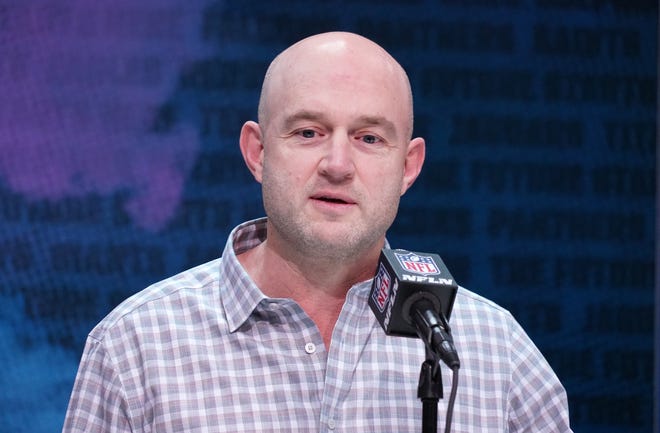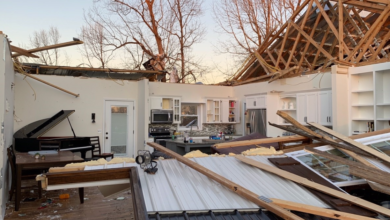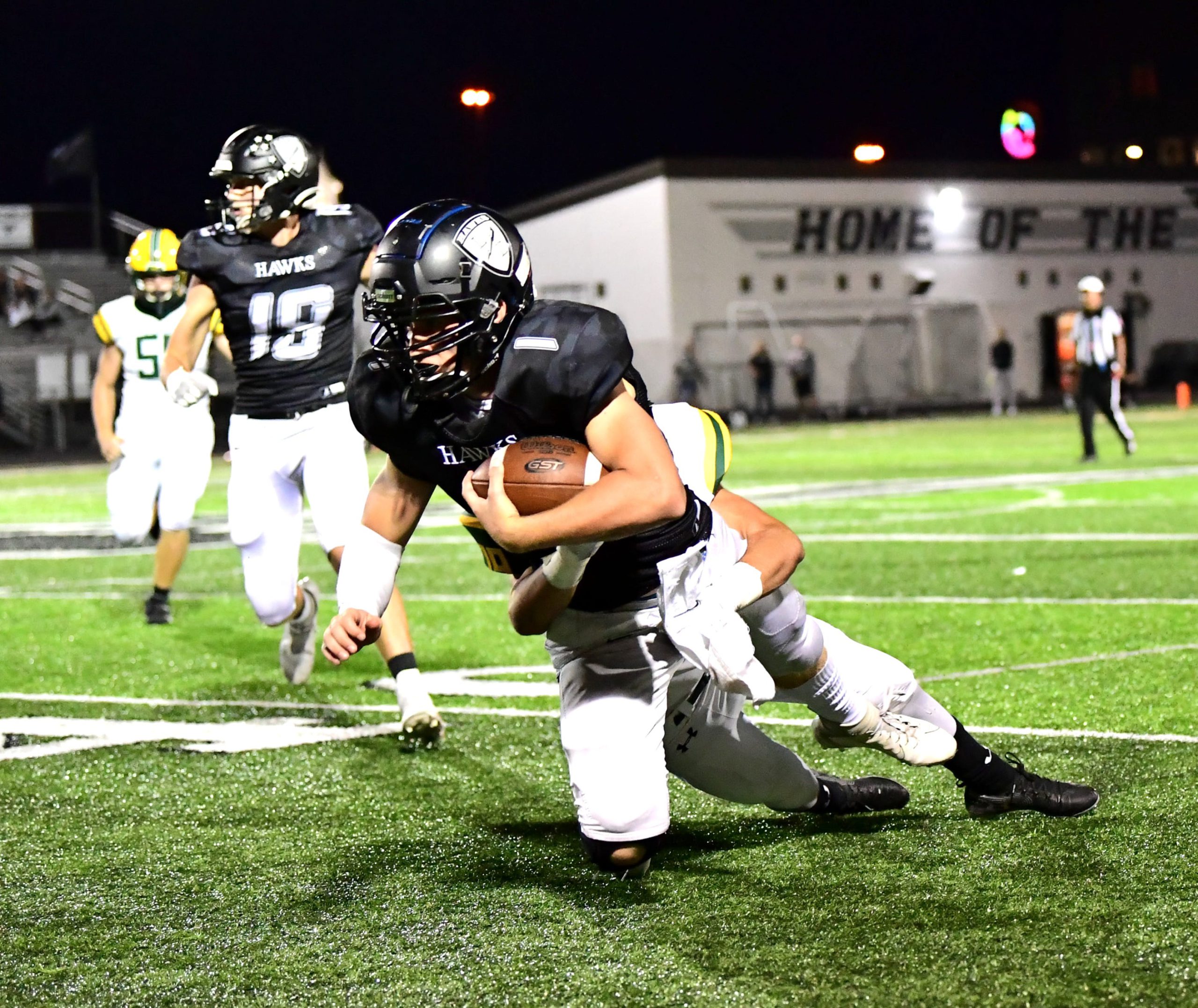

PALM SPRINGS, Calif. – California water officials on Friday issued a draft order telling Nestlé to "cease and desist" taking much of the millions of gallons of water it pipes out of the San Bernardino National Forest to sell as Arrowhead brand bottled water.
The order, which must be approved by the California Water Resources Control Board, caps years of regulatory probes and a public outcry over the company’s water pipeline in the San Bernardino Mountains, where opponents argue that siphoning away water harms spring-fed Strawberry Creek and the wildlife that depends on it.
Nestlé’s use of water from the national forest 70 miles east of Los Angeles generated opposition and protests from area residents – and a lawsuit by environmental groups –after a 2015 investigation by The Palm Springs Desert Sun, part of the USA TODAY Network, revealed that the U.S. Forest Service was allowing the company to pipe water from the national forest using a permit with a 1988 expiration date, and with no review of the environmental impacts during the state's last severe drought.
Study:Climate change has shifted the Earth's axis
State water officials opened a probe into Nestle's water rights in 2015. In 2017, they warned the giant water bottler that it might not hold rights for much of the water they take. Nestle disputed those conclusions at the time, and on Friday vowed to fight the recommended order.
With another potential drought looming across California, water board officials on Friday laid out their case that Nestlé must sharply curtail its withdrawals, and said the matter “requires Nestlé’s immediate attention.”
“It is concerning that these diversions are continuing despite recommendations from the initial report, and while the state is heading into a second dry year,” said Julé Rizzardo, assistant deputy director of the Division of Water Rights. “The state will use its enforcement authority to protect water and other natural resources as we step up our efforts to further build California’s drought resilience.”
Live COVID-19 updates:Some states reject vaccine shipments; first known case of male developing clot after J&J shot; US to share vaccines

The Forest Service, which issued a new three-year permit in 2018, said it could be invalid if the state board issues its order.
"The current permit and any future permits require the permittee to comply with state law, including its water rights. Otherwise the holder is in violation of the permit," said San Bernardino National Forest spokesman Zachary Behrens in an email.
State staff said their investigation had found multiple violations, and that if the order is adopted, the company would need to “limit diversions from surface streams to its pre-1914 water right of 7.26 acre-feet per year” and submit annual monitoring reports.
“While Nestlé may be able to claim a valid basis of right to some water in Strawberry Canyon, a significant portion of the water currently diverted by Nestlé appears to be diverted without a valid basis of right,” the water board’s officials said in the nine-page letter to representatives of Nestlé Waters North America.
If the order is finalized, the company could legally face fines of between $500 and $1,000 a day for every day it has continued to take water since the end of 2017, when the first warning report was sent, or continues to take water after the order is issued, a water board spokeswoman said.

For now, no penalties have been assessed.
"We didn’t issue a monetary penalty because the immediate priority is bringing Nestlé into compliance through the Cease and Desist Order," water board spokesperson Ailene Voisin said. "The order does not preclude the Board pursuing future penalties for violations."
What's next for Nestlé or its successor
The company has 20 days to appeal. The announcement by state regulators comes two months after Switzerland-based Nestlé announced it was selling its regional spring water brands in the U.S. and Canada, including Arrowhead, to private equity firms One Rock Capital Partners and Metropoulos & Co. for $4.3 billion.
“We do not anticipate the sale of Nestle Waters North America to affect the enforcement action moving forward,” Rizzardo said. “While ownership of Nestle’s parent company has changed, it’s our understanding that its day-to-day operations and management has not changed.”

The new owners announced this month that the company formerly known as Nestlé Waters North America will operate under the name BlueTriton Brands.
In response to questions from The Desert Sun, a BlueTriton spokesman said in an email that the findings contained major errors and the company would vigorously fight them.
"We are disappointed with the recommendation by the State Water Resources Control Board staff concerning our water rights in Strawberry Canyon. The ... staff report and draft cease-and-desist order, which is a part of the normal investigative process, errs with respect to several critical hydrological and legal conclusions."
The statement said the findings "are contrary to California water rights law and a departure from long-standing (state water board) practice and precedent. It is our view that they have not fairly considered the extensive information and data we have provided to them."
BlueTriton will pursue all available legal options to correct the "misinterpretation of established California water law," the spokesman said, adding that they would comply with any final determination.
Previously:Bottling water without scrutiny

'My hope is that the Strawberry Creek ecosystem can be restored'
Opponents of the water-bottling operation said they are pleased with the decision. Amanda Frye, who researched and provided to state staff many documents on the water rights history, stretching back more than a century, has been calling for shutting down the pipeline for years.
“My hope is that the Strawberry Creek ecosystem can be restored in America’s San Bernardino National Forest,” Frye said.
Others agreed.
"The Water Board investigation confirms what we've believed all along: Nestlé/Blue Triton has been taking the public's water for decades without a valid right to it," said Michael O'Heaney, executive director of Story of Stuff, which had filed complaints and urged state officials as recently as February to come to a conclusion after Nestlé announced the sale.
"What better way to turn the page on Nestlé's well-earned negative reputation than by conceding this is the end of the proverbial pipeline,” O’Heaney said.
Water board staff acknowledged the "extraordinary" public input it received and its impact.
“This investigation provides a clear example of the vital role Californians play in protecting our water resources,” said Victor Vasquez, senior engineer with the Division of Water Rights. “We cannot overemphasize the importance of public engagement on water enforcement issues, especially given current conditions.”
Before the recent sale, Nestlé Waters North America had been the biggest bottled water company in the United States. The Forest Service charges Nestle a permit fee of $2,100 per year, but there is no charge for the water.
Permit for water pipeline:Nestlé is still taking national forest water for its Arrowhead label

The next steps
The draft order has not been scheduled for a vote by the state water board yet, said Voisin, the agency spokesperson.
“If Nestle requests a hearing, this matter will likely first be heard through the State Water Board’s Administrative Hearings Office,” Voisin said in an email. “If the Administrative Hearings Office agrees, after hearing evidence presented by all parties, it would then propose a Cease and Desist Order to the State Water Board for adoption.”
If the board adopts the order, it would become final, Voisin said, and the company would need to stop taking much of the water.
Nestlé collects water using a system of 10 gravity-fed boreholes and two water tunnels drilled deep into the mountainside. The water flows downhill through a 4.5-mile steel pipeline to a roadside tank, where it’s pumped into tanker trucks and hauled to a bottling plant.
Records show 68 million gallons passed through the pipeline in 2019, and an estimated 58 million gallons flowed through the pipeline last year.
The battle over Nestlé’s operation in the San Bernardino Mountains is one of several fights that opponents have waged across the country – in states including Oregon, Michigan and Pennsylvania – to try to block the company from siphoning water from springs and aquifers.
Follow reporters Janet Wilson and Ian James on Twitter: @janetwilson66, @ByIanJames
SCOTUS:Supreme Court takes case seeking to expand concealed-carry rights in public places








